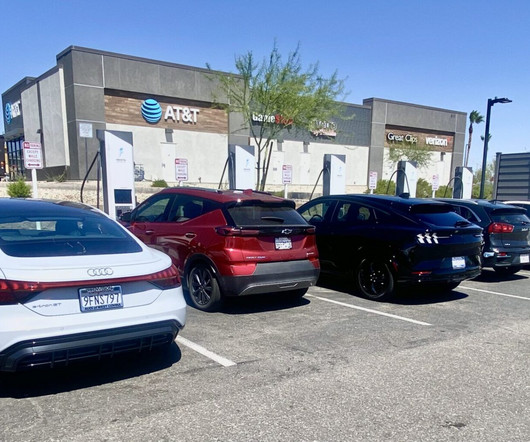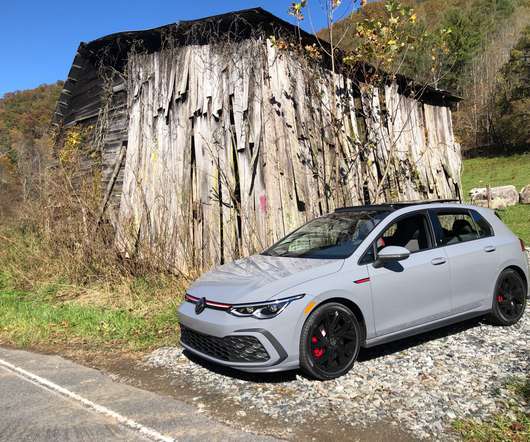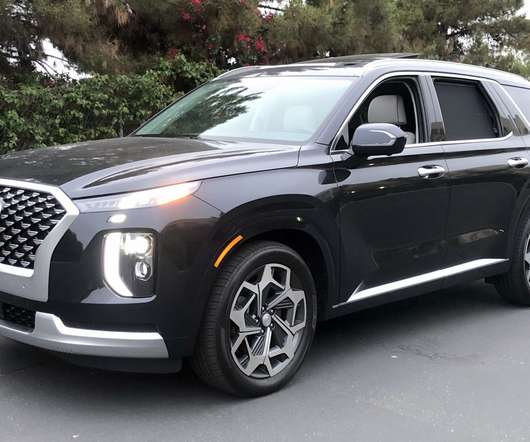Analysis finds annual running cost of EVs less than ICE; but with purchase price factored in, it flips
Green Car Congress
OCTOBER 9, 2020
Across the US the average annual cost of running an electric vehicle is $2,721.96, while gasoline vehicles cost an average of $3,355.90 When the purchase cost of each type of vehicle is factored in, average gasoline vehicles are $1,454 per year cheaper to run. per year to run—a difference of $633.94
































Let's personalize your content